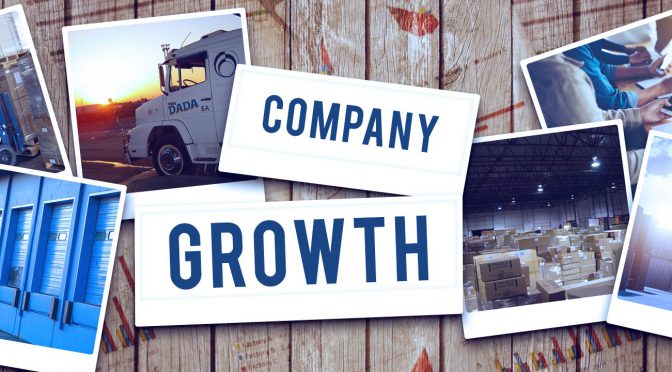LogiNext’s field workforce optimization is machine learning-enabled planning engine which pulls in all the constraints such as preferred time slot visits, avoiding repeat visits, avoiding overlap or mirroring, and also to optimize the service time or time spent at each outlet

Static planning is a function of yesteryear. Wake up to new-age dynamic route planning for your field agent management. Most of Fortune 500 companies are maximizing the value of their active field agents using intelligent planning and optimization. It’s the most appropriate tool at the hand of managers to reduce costs and improve efficiency.

To perfect field service automation and optimization, you must assess the knowledge base and abilities of your workforce and automate allocation of specific tasks requiring a particular set of skills to the field service professional possessing the same set. This would bring down the probability of dissatisfaction for your customer by dispatching the perfect field agent suited for the customer’s problem.

What would you do when your plans for effective field service management don’t execute as you wish them? It’s simple. Just go back to the basics and reinvent the wheel. It’s an arduous task if you stack it as such. But imagine the big names like Amazon, Google, IBM, Microsoft, Apple, or Tesla. These companies renovate to resonate with each evolution stage of its audience.

Morgan Stanley predicts that 30% of Microsoft revenue would be purely from its cloud products by 2018. Moreover, Microsoft predicts that the revenue from their new-cloud licensing would be up to 1.8 times the revenue from non-cloud licensing. Technology Business Research (TBR) predicts that the global revenue from the cloud computing platform would be $167 Billion.
Remember the viral video of Travis Kalanick from earlier this year where he is berating an Uber driver to take ownership of his own problem. Well we all know that video as the start of the derailment of Uber’s public relations. It’s easy to now imagine the company as being self-centered and culturally egoistic.
White Paper: The Assumption Within AIDAS is Unsaid but Profound. This idea that the expectation stage of consumers can be generalized across industries and timelines, is prone to error. How does this generalization affect the decision flow of consumers? To answer this, I will help you look closely at these assumptions.

A logistics management software works toward ensuring greater control for the managers over daily ‘logistics solutions’ scenarios. There is still some way to go to achieve total visibility. Here are some product wishes that all Chief Supply Chain Officers would factor in their resolutions.

The courier and logistics market in India poses some interesting questions, especially if one is trying to find answers to these questions by means of technology. Leading the upscaling of a fast-growing logistics and field workforce optimization company, I got an excellent opportunity to solve the problems posed by this industry from a technology standpoint, some of them were as follows.

